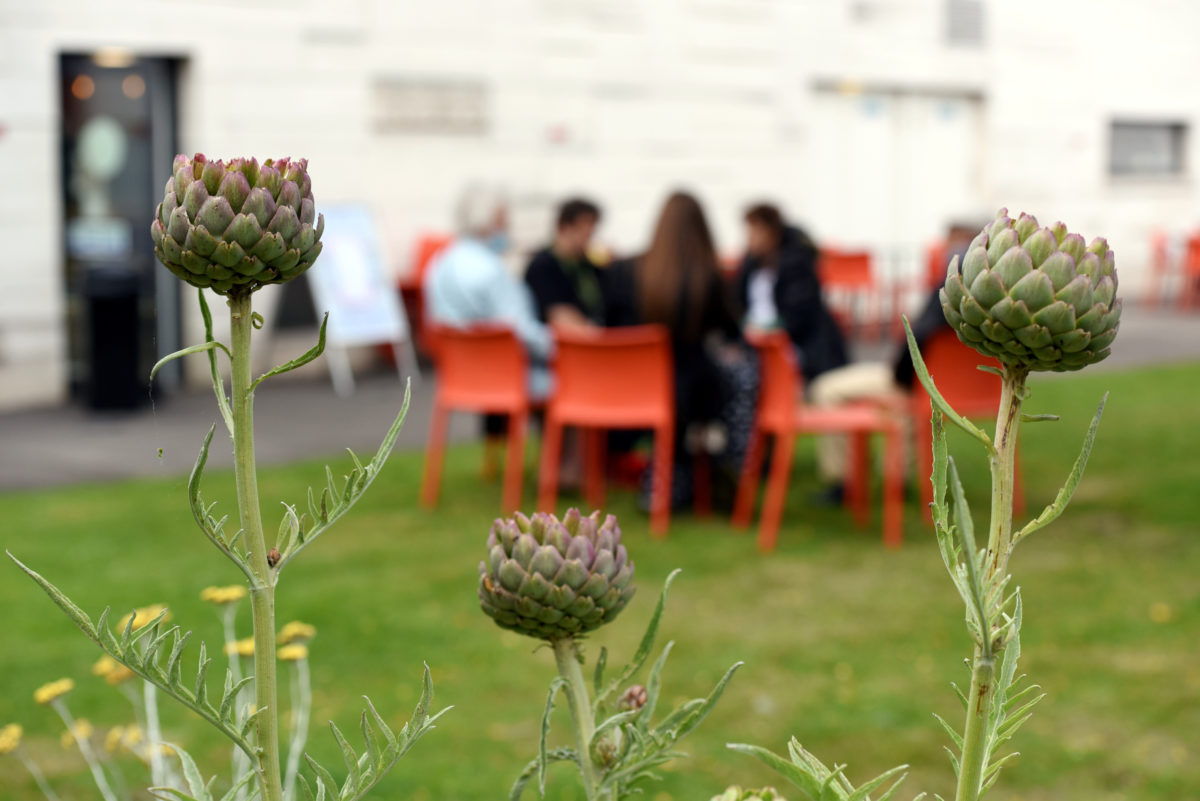Creating a new sense of normal when your everyday routine is disrupted is very important for your wellbeing and motivation. As the global spread of Covid-19 rises it’s essential for us to temporarily change our behaviour to protect ourselves and others. The guidance aims to help you through these unprecedented times.
Create and maintain a schedule
• If you’re working or studying from home, set yourself a timetable and stick to it. It’ll give you a sense of purpose and keep you on track. Build in breaks to provide structure and rest, stand up and walk around at least once an hour and keep hydrated. Consider eating lunch on FaceTime with friends away from your workspace, inside or outside.
Go outside
• Spending time in nature is good for you. Don’t underestimate the power of fresh air – get outside, whether in your own garden or in your local area, at a safe distance from others. Notice what is going on around you – birdsong, bumblebees, budding leaves and new blooms won’t stop.
Keep in touch
• Use WhatsApp and other apps to keep in touch with people. Make sure that those who want to be involved and in contact are included. Check in at regular intervals throughout the day. Use FaceTime and Microsoft Teams to chat face-to-face with colleagues or peers and keep upbeat and informed. Use the phone to talk too – hearing another voice when you’re home alone can be helpful and can be a good way of sounding out your ideas.
Stay upbeat
• Anxiety can be contagious. So can kindness, hope and positivity. Choose wisely. We can’t control a lot of what is going on at the moment, but we can try to control our reaction and response.
Use the extra time wisely
• Use the time you’d normally spend commuting, making a packed lunch or preparing to leave the house usefully. Do some exercise, do your household chores or check in with friends, colleagues, family and neighbours.
Use technology for good
• 24/7 news is amazing but don’t over-consume it. Watching endless breaking news can be mentally draining and can skew your view of reality. It can also have a negative impact on your concentration and motivation. Set yourself a limit for news consumption and only check rolling news at set intervals. Avoid passive scrolling, choosing to actively engage in positive ways instead.
Work on new projects
• Use the time and space of this situation to pick up on work you’ve been wanting to do for a while. Use any spare time to finish projects, develop new ideas, read or do research.
Look after your mind and body
• Exercise, eat well and rest well. Stretch, read, move around and do breathing exercises. Use fitness apps and YouTube to take part in exercise – there are endless guided classes online. Do some yoga, bodyweight intervals or meditation in your living room or outside space and make the most of the time available to build positive new habits. Hug your pets!
Be supportive
• Doing our best to support each other, even when we may feel down or unsettled ourselves, can lift our spirits. Remember that we all have different attitudes, worries, and priorities at this time and be sensitive to this. What you may see as irrational behaviour is most likely driven by fear and unease, be patient with others and be nice to people.
Animals often help
Looking for some heart-warming entertainment to enjoy from the comfort of your own home? Zoos and aquariums all around the world have launched virtual footage of their attractions and animals. Check out Edinburgh Zoo, Live Royal Albatross Cam and Wildlife Trust Webcams to get you started.
Remember
• We’re genuinely all in this together. This is a pandemic and will affect us all in some way. No one knows what’s going to happen and no one knows all of the answers. We’re all winging this to some extent so be understanding of others and don’t be too demanding. Do your part to do your best and take care.
Quick tips
• Take heed of government guidance and University advice.
• Clean your phone and technology.
• Get dressed, it’ll make you feel ready for work or study.
• Keep your workspace separate from your relaxing, off-duty space.
• Be clear about your working or studying hours.
By Laura Haveron.




